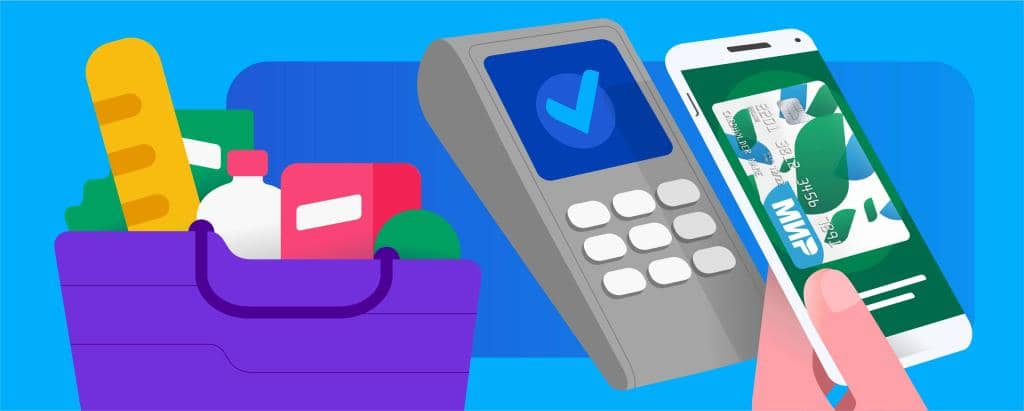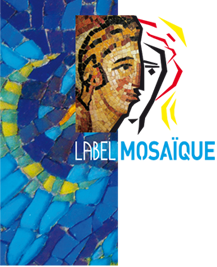What Are Three Types Of Crm Software?
Содержание
For any CRM application, the primary goal is to coordinate with the organization to understand customers’ requirements and provide better solutions and services. In short, operational CRMs reduce the time spent on repetitive data-entry tasks and can streamline the sales process with lead assignment rules and user-defined sales stages. CRM is typically thought of as encompassing the following capabilities. It will also help you align teams from different departments to work together as a team, share information, and improve performance. For example, whenever a client calls you on the phone, you’ll have to know their name, past purchase history, and basic needs.
Why your startup needs a powerful, modern CRM solution (Sponsored) – EU-Startups
Why your startup needs a powerful, modern CRM solution (Sponsored).
Posted: Wed, 10 Aug 2022 09:54:12 GMT [source]
Analytical CRM software focuses on collecting and analyzing large amounts of data to help organizations make better sales and marketing decisions. Software scalability is an essential factor, especially if you have futuristic plans for your venture. These functionalities will become more relevant as your organization expands.
Every time a contact interacts with your company, you will be able to keep track of each conversation and requests. If you want to save time on data mining, such as names, past purchases, location, our CRM can help. It will help you save time with sales and marketing by keeping everything about your contacts in one place; if this is what you struggle with, Realhound CRM is for you.
Chegg Products And Services
On top of this, make sure that the CRM is compatible with different device manufacturers. Some CRMs may be available as an app for Android but not for Apple products. Basic CRM software is usually quick to implement, while complex CRM software takes some time to set up and adjust to. Custom CRM software could take a while to implement as it needs to be developed and then tested to make sure there are no major bugs. If you’re looking for a quick solution, a custom CRM may be best avoided.
Only then can you delve into the story the data’s telling to continue doing what’s successful and optimize what’s not. For example, if you buy a new book to download to your Kindle, you might get a follow-up email with recommendations of books that are similar. Collaborative CRM organizes and shares contact information with your team and other members, so everyone is on the same page.
- Using a collaborative CRM, managers can easily keep track of what marketing and sales staff are doing, as well as distributing work and creating schedules.
- Customer-facing salespeople and marketers who have workflows that can be automated in whole or part.
- Contact Management — helps you to efficiently sort and categorically store client information in consolidated databases.
- The truth is that you’ll have to invest resources, time, and capital to acquire this type of software.
- Agents can then spend more time on customer interactions requiring human intervention instead of repeatedly answering the same low-level questions.
- Neither does an incidental chat with a business development rep over new leads being introduced in the pipeline, or with an account executive on how the group portfolio is turning out.
- CRM software significantly increases employee productivity by freeing up more time for high-value work.
Look out for various deals and discounts when shopping around for CRM software. With some types of CRM software, prices may not be advertised and you may have to sign up to get a quote. General CRMs may be better suited to companies that straddle multiple industries. For instance, if you own a personal training company and you also sell fitness equipment, a general small business CRM delivers a more comprehensive array of features.
Operational CRM functionalities include sales funnel automation, digital marketing automation, contact management, and lead scoring. A CRM is a vital tool that can drive sales and improve customer service, retention, and efficiency in your business. It can drive down acquisition costs for new customers while increasing their value. If the one you want to use or are currently using at clashes with your existing processes, you may want to choose another.
What Do You Understand By Collaborative Crm? Discuss The Categorization
With your organization composed of multiple interlinked departments, a CRM solution that can incorporate other existing programs is a perfect choice. This functionality allows a seamless flow of information across programs. Analytical CRM software are perfect for data analysis and making more insightful decisions in the long term.
Marketing automation makes it easy for organizations to create hyper-targeted campaigns to different lead segments based on their demographics. Decision-makers can take the collected data and turn it into actionable and automated tasks that teams no longer have to manually oversee. Analytical CRM helps companies make smarter business decisions based on customer behaviour and engagement.
CRM software also provides valuable reports to support sales and marketing plans. Other information relating to a specific lead or customer, such as social engagement and communication preferences, may be automatically pulled into and updated in the CRM system. This type of CRM allows your team to track the life cycle of each customer and easily view every interaction they’ve had with your company. This allows marketers to increase the quality of customer interactions at each stage, as they’ll have every piece of information about a customer readily available. This makes it easy for salespeople or marketers to pick up where the last left off in their relationship with a customer.
Now That You Understand The Types Of Crm
Using a collaborative CRM, managers can easily keep track of what marketing and sales staff are doing, as well as distributing work and creating schedules. Colleagues, meanwhile, share information with each other such as calendars, customer information, project boards, as well as messaging one another through these platforms. You’ll spend five times more to attract a new customer than retain a current one, and even a 5% increase in customer retention can grow revenue by 25% to 95%. Sure, you want new customers, but a collaborative CRM helps drive cross-selling, upselling, and repeat purchases.
What you need to do is determine which specialization is the most essential given your needs so you know which area requires deeper capabilities. Once you have this visibility, you can map each individual’s customer journey and understand how, why and where What is Collaborative CRM and how can it help my business they’re interacting with your company. From there, you can make improvements and base decisions off facts instead of guesses. For example, if you find out customers keep coming to you with the same problem, you can highlight that in your marketing content.

Marketing, sales, and customer service teams must work together to increase revenue and lower costs. Learn how collaborative customer relationship management software aids these efforts. Your customers are your most valuable resource, https://xcritical.com/ but how much do you really know about them? A transactional business perspective sees each sale as a standalone event, but client relationship management takes a longer view to build enduring bonds and consumer loyalty.
It also has all apps in the same place, and we can use them in one go! CRM carries much more benefits for businesses, more specific to various industries, not limited to just these benefits. So, cherishing the benefits, let’s explore the different types of CRM platforms that can be helpful for your business. It unites everyone in your team with one shared goal to enhance customer experience and expand your business.
How To Choose Customer Relationship Management Software
It uses interaction, channel, and document management to increase customer satisfaction and enhance your prospecting efforts to generate sales leads. It specifically covers three core areas — sales, marketing and service — to streamline tasks and enable your teams to deliver top-notch experiences to customers. It helps you analyze the overall collected information, including customers’ preferences, contact information, and behavior.
For instance, an operational CRM tool can streamline all customer-facing interactions, but may not be very effective for strategic planning. Similarly, an analytical CRM tool can forecast sales and build brilliant buyer personas, but may not be useful for marketing automation. Speeding up the customer processes is what effective customer service automation does.
This CRM type is all about making communication and collaboration more efficient across your teams. The ability to run different scenarios and predict future demand has a ripple effect across your business. Instead of relying on guesswork, you can make data-driven decisions. It forms the foundation of business intelligence tools, which let you slice and dice data sets so you have the knowledge needed to take action. For example, you could use classification to create customer segments based on shared attributes. This could be anything from their age or which product they bought to how they found your company (Facebook ad, Google search, etc.).
Web site customers, themselves, actually put lead information directly into the CRM applications. From there, the e-business can assign the leads to salespeople or resellers, also via the Web. The e-business can also configure the CRM software to reassign those Web-driven sales leads if a salesperson cannot act upon them in within a preset period of time.
Who Should Use Collaborative Crm?
Certain types of CRM software may not be compatible with certain applications. This could be because an application is owned by a competitor or because it’s a very niche application. You must also consider hidden costs, such as purchasing extra storage, data migration, training, and implementation costs. You want to be sure the higher subscription tiers are good value, too, as you grow and require more CRM features. CRM software can cost as much as thousands of dollars per month, while some companies offer Free CRM subscriptions. You should factor in your budget when choosing a CRM so that you’re not overspending.




